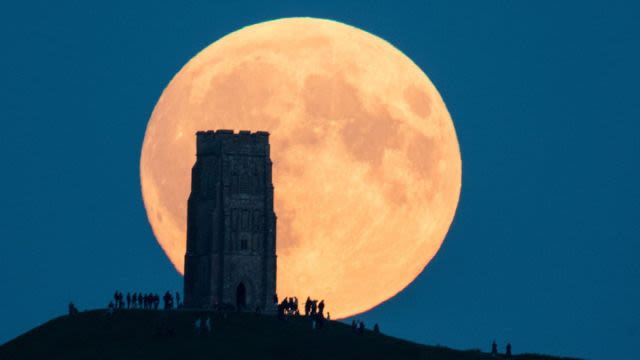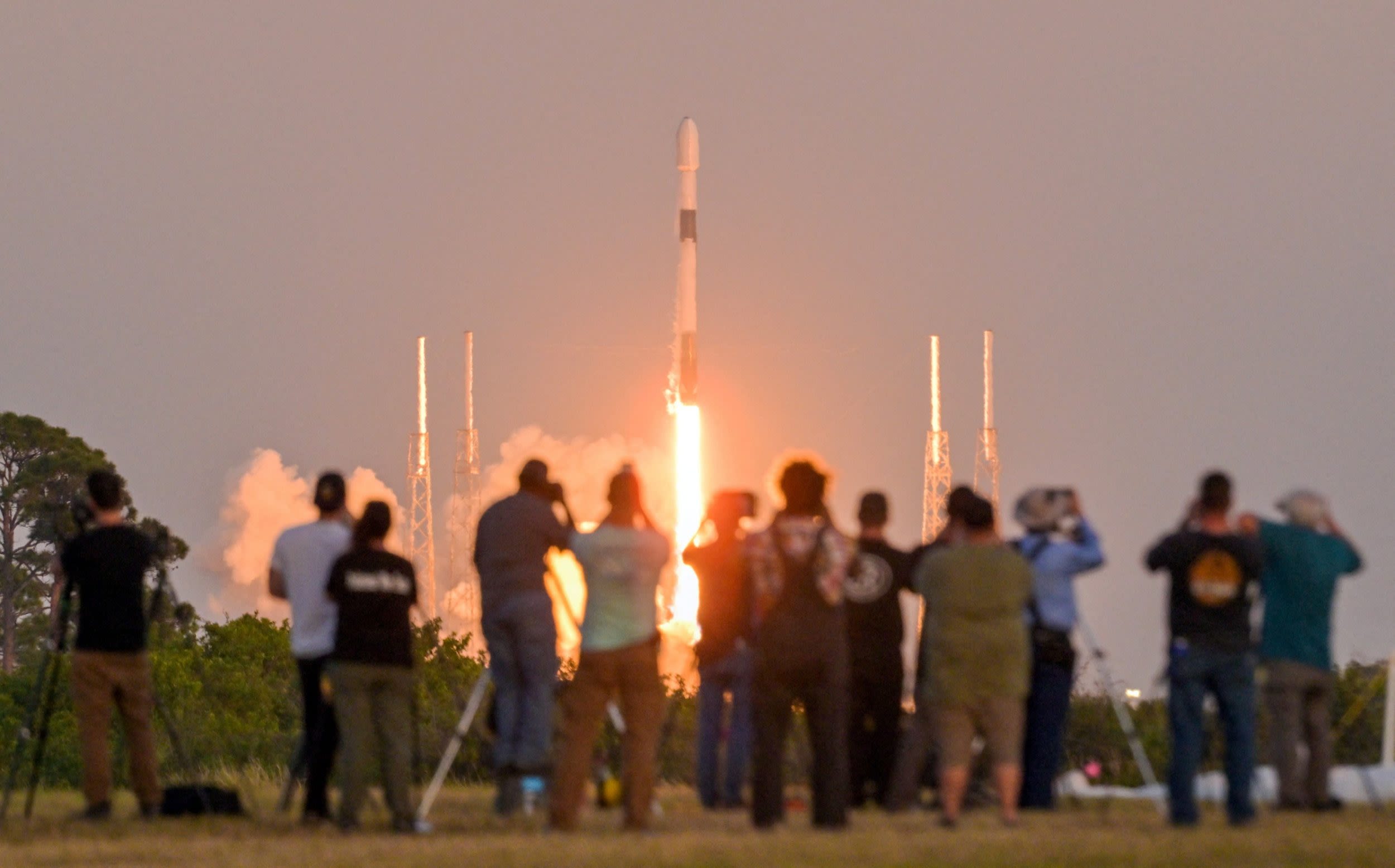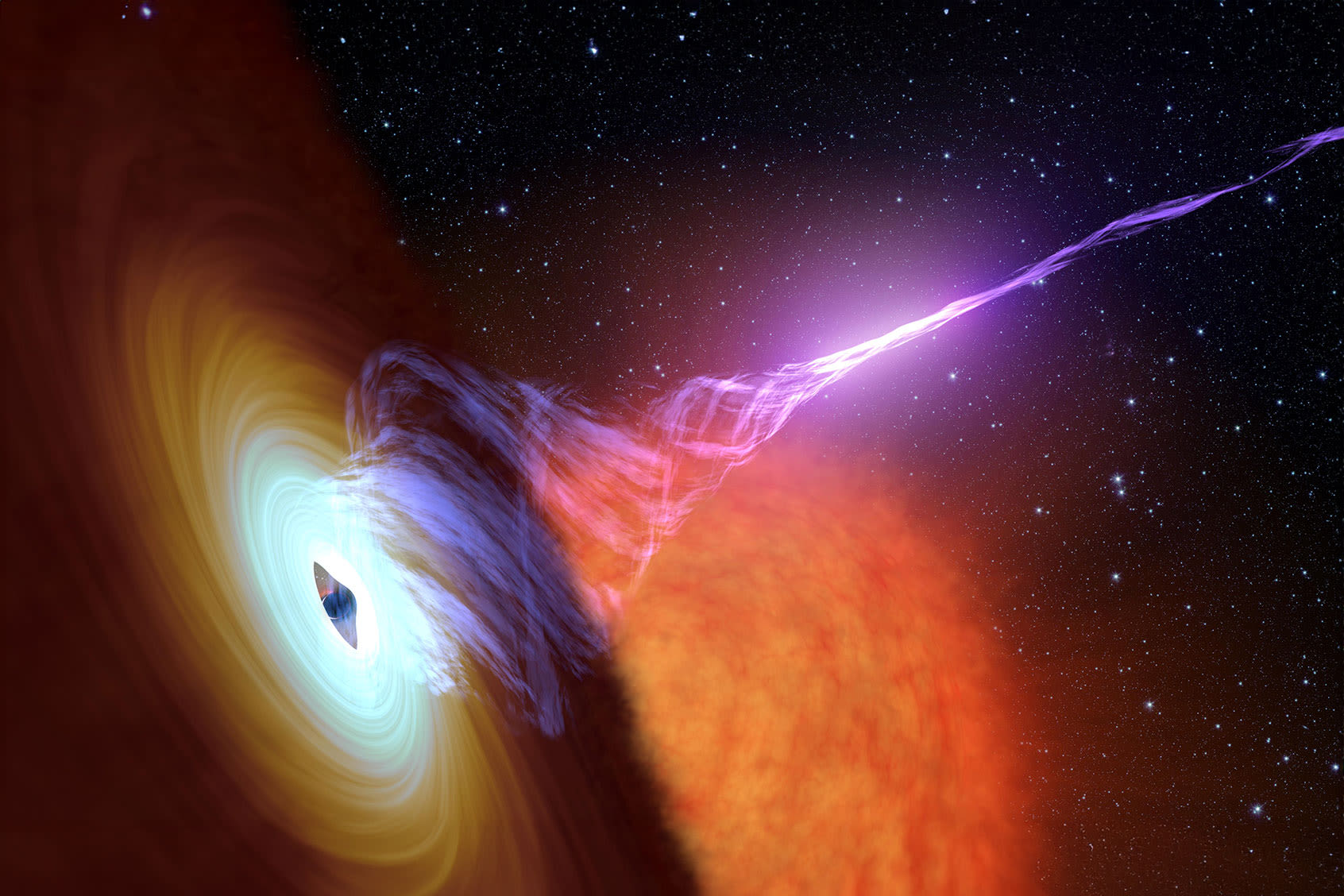Search results
- DictionaryAs·tron·o·my/əˈstränəmē/
noun
- 1. the branch of science which deals with celestial objects, space, and the physical universe as a whole.
Astronomy is a natural science that studies celestial objects and the phenomena that occur in the cosmos. It uses mathematics, physics, and chemistry in order to explain their origin and their overall evolution. Objects of interest include planets, moons, stars, nebulae, galaxies, meteoroids, asteroids, and comets.
The meaning of ASTRONOMY is the study of objects and matter outside the earth's atmosphere and of their physical and chemical properties. The Difference Between Astronomy and Astrology.
Jul 26, 2024 · Astronomy, science that encompasses the study of all extraterrestrial objects and phenomena. Since the late 19th century, astronomy has expanded to include astrophysics, the application of physical and chemical knowledge to an understanding of the nature of celestial objects.
the scientific study of the universe and of objects that exist naturally in space, such as the moon, the sun, planets, and stars. Examples. Unlike astronomy, astrology cannot be described as an exact science. I've always had an interest in astronomy. These ancient scholars were steeped in poetry and painting, as well as maths and astronomy.
News about Super Harvest Moon, National Science Foundation, September
News about SpaceX, Elon Musk, Starlink satellites
Also in the news
Astronomy is the study of everything in the universe beyond Earth’s atmosphere. That includes objects we can see with our naked eyes, like the Sun, the Moon, the planets, and the stars. It also includes objects we can only see with telescopes or other instruments, like faraway galaxies and tiny particles.
Jul 25, 2023 · Astronomy is one of the oldest scientific disciplines. Explore what it is and how it's shaped our understanding of the world around us in our ultimate guide.
Astronomy is a physical science concerned with the smallest particles and the largest natural objects. The name Astronomy comes from the Greek roots Astr- and -nomia to literally mean "name stars".
the scientific study of the universe and of objects that exist naturally in space, such as the moon, the sun, planets, and stars. Examples. Unlike astronomy, astrology cannot be described as an exact science. I've always had an interest in astronomy. These ancient scholars were steeped in poetry and painting, as well as math and astronomy.
The scientific study of the universe and the objects in it, including stars, planets, nebulae, and galaxies. Astronomy deals with the position, size, motion, composition, energy, and evolution of celestial objects.
Astronomy, science that encompasses the study of all extraterrestrial objects and phenomena. Until the invention of the telescope and the discovery of the laws of motion and gravity in the 17th century,...






